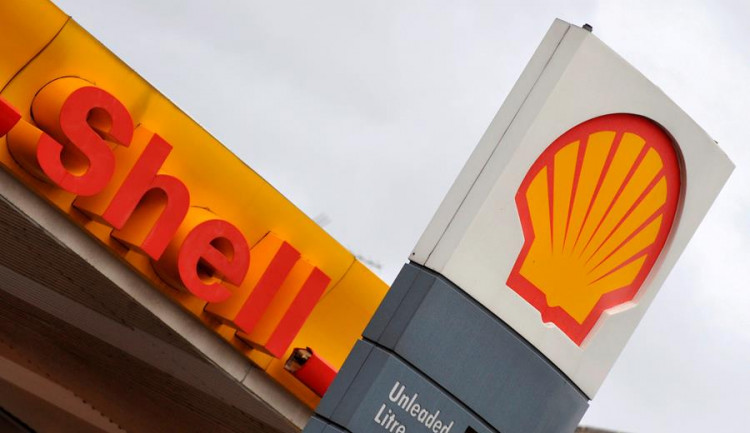Shell Plc delivered a robust financial performance in the first quarter, announcing profits that significantly exceeded market expectations. On Thursday, the energy giant revealed it had achieved a staggering $7.7 billion in earnings for the quarter, driven by exceptional results in oil trading and an uptick in liquefied natural gas (LNG) production. This figure represents a decline from the $9.65 billion earned in the same period last year but is notably higher than the anticipated $6.5 billion forecasted by analysts.
The impressive earnings come amid geopolitical disruptions that have heightened volatility in the energy markets. Shell capitalized on this environment, particularly benefiting from shipping disturbances in the Red Sea and operational setbacks at Russian refineries due to Ukrainian drone strikes. These factors bolstered Shell's trading operations, contributing to a more than threefold rise in earnings from its chemicals and products divisions, totaling $2.8 billion for the quarter.
Shell's strategic operational decisions have also played a role in its strong performance. Unlike many of its peers who scheduled refinery maintenance in the first quarter, Shell conducted its maintenance in the last quarter of the previous year. This timing allowed the company to maximize its production capabilities when many competitors were offline, enhancing its ability to meet demand for refined products like gasoline and diesel.
In response to these results, Shell announced a substantial shareholder returns program, committing to a $3.5 billion share buyback over the next three months. This move underscores the company's financial health and the board's confidence in Shell's ongoing profitability. Despite the lucrative returns to shareholders, which included $2.8 billion in buybacks and $2.2 billion in dividends in the first quarter alone, the company is navigating significant scrutiny regarding its environmental policies.
As Shell prepares for its annual general meeting (AGM), it faces intense pressure from shareholders concerning its climate strategy. A coalition of investors, including prominent European asset managers and institutional investors, has criticized Shell for not aligning its operations with the Paris Agreement goals. This group, coordinated by the advocacy organization Follow This, has proposed a resolution urging more aggressive action on reducing carbon emissions.
Shell's leadership, while acknowledging the challenges of balancing shareholder returns with environmental responsibilities, remains committed to its long-term strategy of transitioning towards more sustainable energy sources. The company recently adjusted its carbon reduction targets, which, combined with strategic cost reductions, have bolstered investor confidence, reflected in a notable increase in its share price.
Looking forward, Shell's executives expressed optimism about the company's direction, particularly its focus on high-margin areas such as LNG. However, the broader context of global energy demands and the transition to greener alternatives presents ongoing challenges. Shell's CEO, Wael Sawan, emphasized the importance of adapting to these market dynamics to ensure the company not only survives but thrives in an increasingly complex global landscape.






